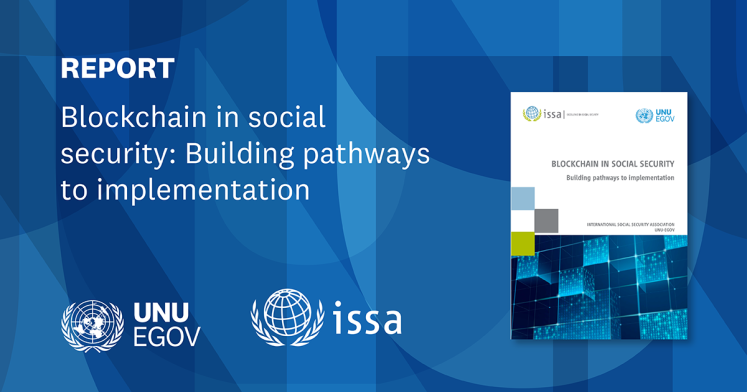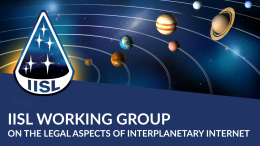A new report released by the United Nations University Operating Unit on Policy-Driven Electronic Governance (UNU-EGOV) and International Social Security Association (ISSA) outlines a transformative vision for the future of social security systems, highlighting how blockchain technology can help address long-standing challenges in public service delivery.
The report highlights blockchain’s potential to transform social security services by enhancing transparency and improving data integrity in large-scale distributed applications. With its highly secured decentralized architecture, blockchain enables secure, tamper-proof record-keeping and fosters trust among institutions, service providers and beneficiaries. Case studies from countries such as Estonia, Malaysia, and Australia demonstrate successful projects that have streamlined benefit delivery, improved identity verification, and reduced administrative overhead.
One notable example is Malaysia’s Social Synergy Programme, which integrates benefits from 53 institutions using blockchain to prevent duplication and ensure real-time tracking of recipients. Similarly, Australia’s National Disability Insurance Scheme leverages smart contracts and blockchain tokens to automate payments and reduce fraud.
However, the report cautions that blockchain is not a one-size-fits-all solution. It emphasizes the importance of rigorous assessment to determine whether blockchain is the appropriate technology for specific social security needs. Key considerations include regulatory compliance, privacy protection, scalability, and interoperability with existing systems.
Legal and institutional readiness is identified as a critical factor for successful implementation. The report calls for adaptive governance models, robust data protection frameworks, and alignment with international standards. It also stresses the need for capacity building, digital literacy, and cross-sector collaboration to ensure sustainable adoption.
Prepared by Soumaya Ben Dhaou of the UNU-EGOV, with contributions from Ernesto Brodersohn and Raúl Ruggia-Frick of the ISSA, the report positions blockchain as a tool for promoting sustainability in line with the United Nations Sustainable Development Goals (SDGs). By reducing fraud, improving resource allocation, and enabling inclusive access to services, blockchain can contribute to economic, social, and environmental resilience.
As governments worldwide increasingly explore blockchain for public service modernization, the UNU-EGOV – ISSA report provides a strategic roadmap for social security institutions. It offers a ten-step approach for applying Blockchain, from understanding the technology to developing infrastructure and monitoring outcomes.
In conclusion, the report underscores that blockchain’s transformative potential lies not in the technology itself, but in its thoughtful application aligned with institutions’ objectives and the development of appropriate institutional capacity. With the right governance, legal frameworks, and stakeholder engagement, blockchain could usher in a new era of trust, efficiency, and inclusivity in social security systems.
Read here the full report "Blockchain in social security: Building pathways to implementation".





